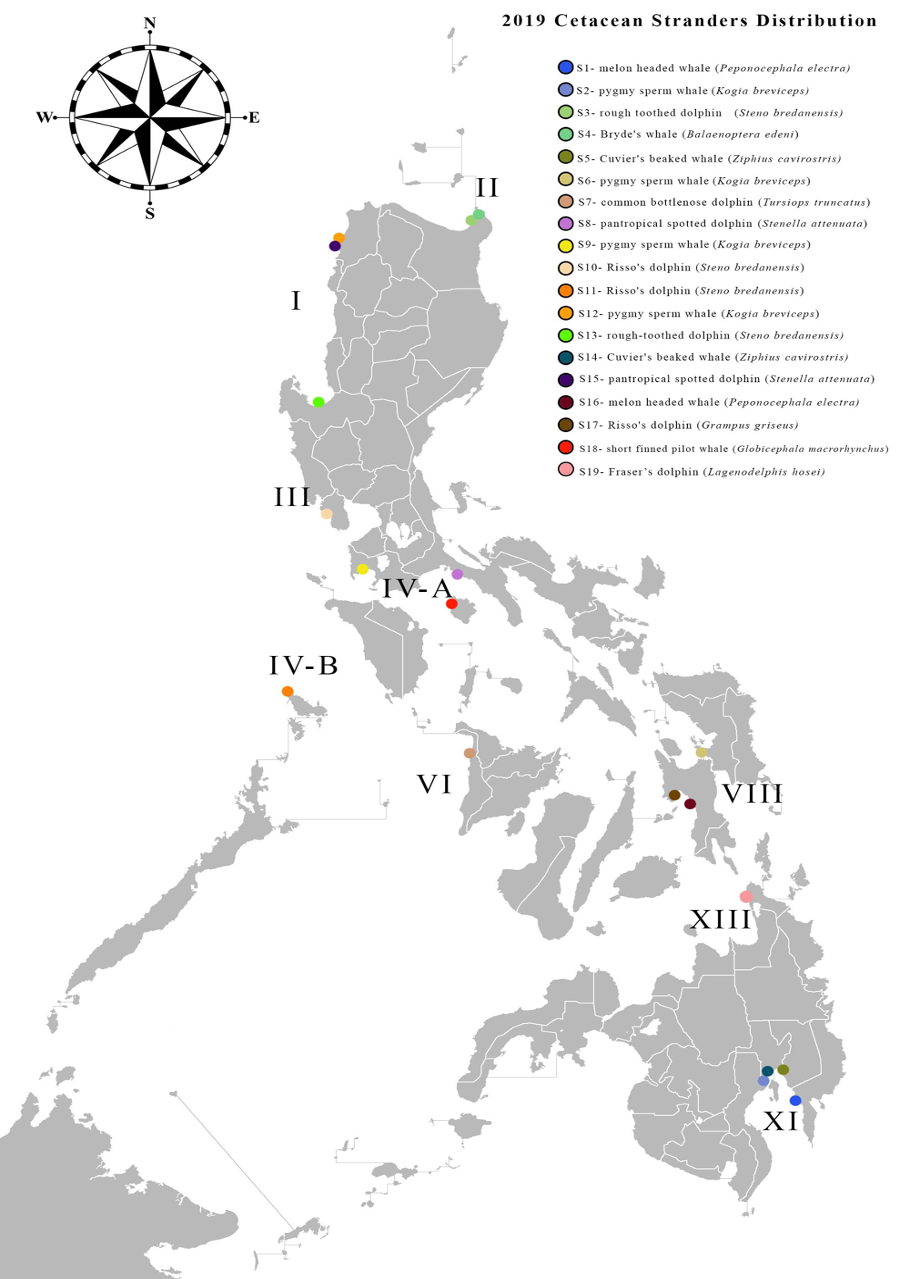VOLUME 13 NUMBER 2 (July to December 2020)

Philipp. Sci. Lett. 2020 13 (2) 206-213
available online: December 31, 2020
*Corresponding author
Email Address: mmobusan@up.edu.ph
Date received: September 5, 2020
Date revised: November 29, 2020
Date accepted: December 31, 2020
ARTICLE
Molecular detection of Toxoplasma gondii in select cetaceans stranded in the Philippines in 2019
Raphael Joshua C. De Guzman1, Lemnuel V. Aragones2, and Marie Christine M. Obusan*1
1Microbial Ecology of Terrestrial and Aquatic Systems
Laboratory, Institute of Biology, College of Science,
University of the Philippines Diliman
2Marine Mammal Research & Stranding Laboratory,
Institute of Environmental Science & Meteorology,
College of Science, University of the Philippines Diliman
Laboratory, Institute of Biology, College of Science,
University of the Philippines Diliman
2Marine Mammal Research & Stranding Laboratory,
Institute of Environmental Science & Meteorology,
College of Science, University of the Philippines Diliman
Toxoplasma gondii infections affect marine mammal species worldwide. Investigating the presence of the protozoan parasite in marine mammals is crucial to understanding land-sea connection in relation to the movement of pathogenic and potentially pathogenic microorganisms in the marine environment. The main objective of this study was to detect T. gondii, through nested PCR targeting the RE gene of the parasite, in select cetaceans (n=19) that stranded in different parts of the Philippines from January to December 2019. T. gondii was detected in four cetaceans, specifically, in the brain tissue of a pantropical spotted dolphin (Stenella attenuata), brain and stomach tissues of a Cuvier’s beaked whale (Ziphius cavirostris), brain and skeletal tissues of a pygmy sperm whale (Kogia breviceps), and lung tissue of another pantropical spotted dolphin. No statistically significant association was established between the stranding parameters and presence of T. gondii DNA in tissues of cetaceans. To the best knowledge of the authors, this study is the first to report the presence of T. gondii in a Cuvier’s beaked whale (Ziphius cavirostris). The detection of T. gondii in deep dwelling cetacean species supports the claim that toxoplasmosis may have extended beyond coastlines where pathogen run-off is likely. T. gondii prevalence among cetaceans in the Philippines has received attention for the past five years, and there is a need to continue the surveillance of T. gondii among local cetacean populations given its implications in the conservation and management of these marine mammals.
© 2026 SciEnggJ
Philippine-American Academy of Science and Engineering